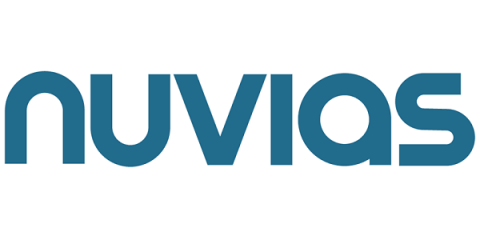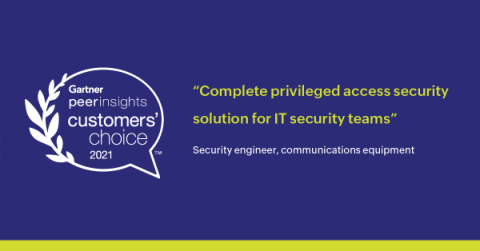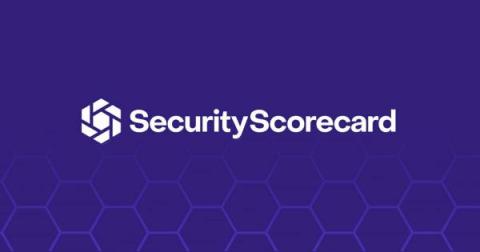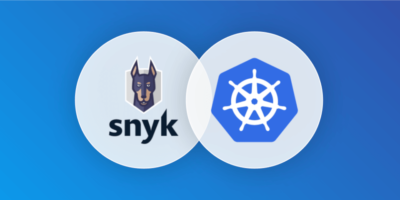Security | Threat Detection | Cyberattacks | DevSecOps | Compliance
Latest News
ManageEngine is recognized as a December 2021 Gartner Peer Insights Customers' Choice for Privileged Access Management
ManageEngine’s privileged access management (PAM) suite of products have helped over one million IT administrators and users around the globe efficiently manage their privileged credentials and access. On that note, we’re excited to announce that we’ve been recognized as a Gartner Peer Insights Customers’ Choice for Privileged Access Management!
XDR: Native vs. Open explained
With the advent of extended detection and response (XDR), the security analyst’s need for one complete, contextualized view into threats across the enterprise is becoming less fantasy and more reality. XDR promises a faster and more efficient way to bring together data from a range of security tools, spot sophisticated attacks, and automate response actions to protect a growing number of assets within the traditional network perimeter and beyond.
How to Manage Your Security in A Hybrid World: 15 Cybersecurity Tips & Best Practices
The hybrid workplace is here to stay. If the past couple of years have proved anything, it’s that many workers enjoy working remotely, or like the flexibility of working from home part-time. Organizations also appreciate the benefits of a hybrid workplace; according to Gartner, 48% of employees will likely work remotely at least part of the time after COVID-19, as opposed to the 30% of employees who did so before the pandemic.
ICMAD SAP Vulnerability (CVE-2022-22536) - Critical Risk
SAP stands for System Applications and Products in data processing, the market leader in ERP software, helping some of the biggest names in the business. The application tier is often the heart of the entire SAP ERP system, looking after interfacing with other apps, transactions, jobs, reporting and database access.
Security implications of Kubernetes Operators
Managing resources in early versions of Kubernetes was a straightforward affair: we could define resources with YAML markup and submit these definitions to the cluster. But this turned out to require too much manual work, and at too low of a level. The next step in the evolution of Kubernetes was to use Helm charts. Sometimes called “the package manager for Kubernetes,” Helm allowed developers to share entire application setups using a templating language.
How to interpret your Detectify score
Detectify is aiming to make security understandable and easy to work with. That is why we visualize your security status in several ways in the tool: You can track the progress over time and your Threat Score gives you an instant security level ranking. In the blog post, we will focus on how you should interpret and work with your Threat Score.
Valentines Scams
It’s that time of year again where Cupid’s arrow strikes and love is in the air. Unfortunately, with love also comes a slew of scams. People trying to take advantage of your emotions and get money out of you. This Valentine’s Day, be aware of the different scams that may be targeting you. We’ll cover how to avoid fraud, catfishing and other techniques used by scammers this Valentine’s Day. Prefer a video over a good read?
What Is an SBOM & Why Do You Need One?
Before we jump into definitions, let’s quickly level set on how we got here. Over the last few years, the way we build software has changed drastically. With the increasing need to move faster and release more frequently, organizations are opting to get rid of monolithic architectures and adopt a microservices architecture for greater agility, resiliency, and efficiency.
Government agencies warn of sophisticated, high-impact ransomware
A surge in “sophisticated, high impact” ransomware attacks has prompted the United States’s Cybersecurity and Infrastructure Security Agency (CISA), the UK’s National Cyber Security Centre (NCSC), and the Australian Cyber Security Center to issue a joint advisory about the techniques being used by cybercriminals to attack businesses and organisations.











